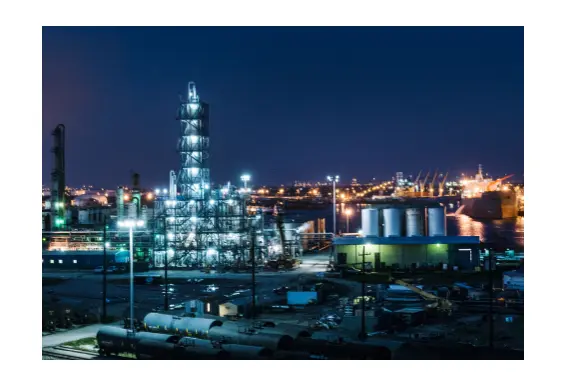Shaly Sand Petrophysics - APS
About the Course
This course tackles the important and nontrivial problem of practical formation evaluation in shaly sand provinces. The presence of clay minerals and shale laminations strongly affects the physical properties of the reservoir rock and induce significant effects on the response of most logging tools; these perturbations often result in low resistivity/low contrast pay zones that can be significant hydrocarbon producers but are often overlooked. A properly designed analytical program (cores and logs) for the evaluation of shaly sands can add significant reserves in existing fields and can allow for the rapid identification of potential by-passed pay zones in exploration wells.
The course is practical and participants are given laboratory and field problems to emphasize the instruction. At the end of the course, the participants will be able to identify and evaluate pay intervals in shaly sands.
"I liked learning about the different methods to find water saturation." - Geophysicist, United States
"Liked everything starting from shale/clay toward distrubutions then calculations and tools to core NMR imaging -- excellent." - Petrophysicist, Oman
Target Audience
Petrophysicists, geologists, geophysicists, engineers, and explorationists involved in all phases of reservoir evaluation in shaly sand provinces.You Will Learn
Participants will learn how to:
- Determine the nature, volume, and distribution of clay minerals and shales in shaly sands and their impact on the analyses of cores and logs
- Integrate petrographic, core, and log data to significantly improve reservoir evaluation in shaly sands and other rock types containing significant amounts of microporosity
- Bring order out of chaos on porosity-permeability cross-plots using rock typing
- Evaluate effective and total porosity, fluid saturations, and producibility of shaly sands using time-tested specific methods
- Evaluate the strengths and weaknesses of advanced logging tools for characterization of shaly sands
Course Content
- Review of log interpretation techniques in clean formations
- Core analyses and applications of specific core tests
- Petrographic analysis (thin section, X-ray diffraction SEM/EDS) for shaly sand evaluation
- The nature of clay minerals and shale laminations and how they are distributed in shaly sands
- Influence of clay minerals and shale laminations on petrophysical properties
- Occurrence of clay minerals and shale laminations in reservoir rocks and relation to depositional environment and diagenesis
- Integration of petrographic, core, and log data for evaluation of shaly sands
- Effects of clay minerals and shale laminations on log responses in shaly sands: various methods of shale content evaluation
- Models for porosity and saturation determination: total and effective porosity; and Archie, Waxman-Smits, Dual Water and Juhasz saturation methods
- Prediction of permeability and producibility from logs in shaly sands: identification of bypassed pay
- Use of advanced logs (NMR, BHI, Dipmeters) integration with core data for purposes of evaluation
Product Details
Categories:
UpstreamDisciplines:
PetrophysicsLevels:
IntermediateProduct Type:
CourseFormats Available:
In-ClassroomAdditional
Request a Public Session
If you are interested in a public session of this course, please click the button below to request it.
Request Public SessionIn-House Training
This course is also available upon request as a private, on-site seminar. Contact us for details and pricing.
Request In-House TrainingNeed Help
Contact us if you have additional questions about how to register for or attend this course.
Contact Us



